2 min read
Gospel-Centered from the Start
“Let us hold unswervingly to the hope we profess, for He Who promised is faithful…Jesus Christ is the same yesterday, today, and forever.” (Hebrews...
3 min read
 Barbara Comito, former marketing director
:
November 5, 2015
Barbara Comito, former marketing director
:
November 5, 2015
Editor's Note: This blog post is part of a series on homelessness. Part 1 explained the magnitude and complexity of the problem. Part 2 was a story about one homeless couple and their struggle to get off the streets. Part 3 introduces UGM's take on a solution. For starters, we suggest you...
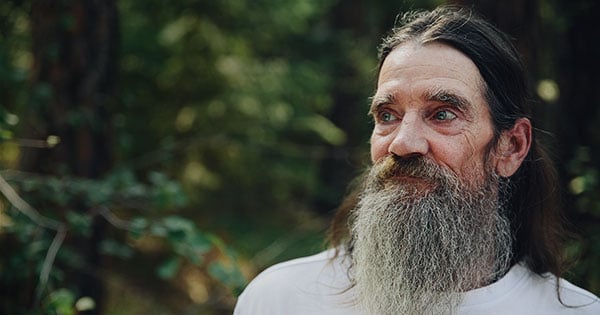 FORGET ABOUT THE PROBLEM
FORGET ABOUT THE PROBLEMBy Phil Altmeyer, UGM Executive Director
Sometimes it's tempting to define homelessness, and even this ministry, by the numbers:

Numbers are important. They help to show the magnitude of the need, as well as the impact you're making, but sometimes numbers tend to blur faces.
Bill, 60, was a big man, bald, looked a bit like an old sailor. The men who knew him while he lived at the Mission described him as friendly, easy to get along with, eager to help. He liked detective fiction and frequently exchanged books with another guest. Bill had a lifelong struggle with alcohol. The last time he came to the Mission he said his doctor had told him if he drank any more, he would die. Bill had a clear choice before him – drink and die or stop drinking and live. Bill chose to drink, and in August 2012, he died on the streets of downtown Spokane.
CHOOSE LIFEIn Deuteronomy 30, God says: “I have set before you life and death, blessings and curses. Now, choose life, so that you and your children may live.” It doesn’t seem like much of a choice. Why would anyone choose death over life? Curses over blessings? It doesn’t make sense. And yet, we do, in big and small ways, every single day.
Michael Dye, who wrote the text that serves as the basis for our recovery programs, said that human beings are the only creatures who willingly choose self-destruction. In the Bible, Paul asks, Why do we do what we don’t want to do? Something is terribly wrong – with our hearts.
Here’s where the numbers can be dangerous. Big numbers make us start to think in the direction of sweeping solutions, but in matters of the heart, sweeping solutions won’t work and the only number that matters is one. One person searching for meaning and purpose and love. One wounded heart. One God with the power to heal.
When Sammy, who is homeless, was asked what he wanted to say to the Spokane community, he said: "We were just like them...I may be a bum and a drug addict now, but I was normal. I could be normal again."
Sammy's right. Homeless people are people first - not projects, not burdens, not lazy bums - but people.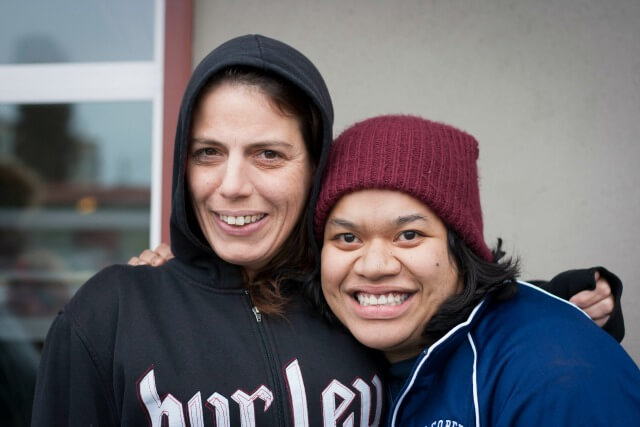
That has to be our starting point. Unless we realize from the get-go that we are much more alike than we are different, we can't really make much of an impact.
Like us, homeless people have been hurt by their own mistakes and the mistakes of others. In many cases, the biggest factor separating those with homes from those without is a support system or lack of one.
Starting from this premise of shared humanity both complicates and simplifies my answer to the most basic question of the rescue business:
How do we solve the problem of homelessness?
Let’s start with the complication: Because homelessness is about people, there is no single, wide-sweeping solution.
Building more low-income housing isn’t going to solve it. Handing out money, food and other necessities isn’t going to solve it. A better educational system isn’t going to solve it.
All of those things might be part of the solution, but real help starts with relationship. And relationship takes place on an individual level. Each individual has a unique situation, unique needs, and so addressing the problem of homelessness gets complicated.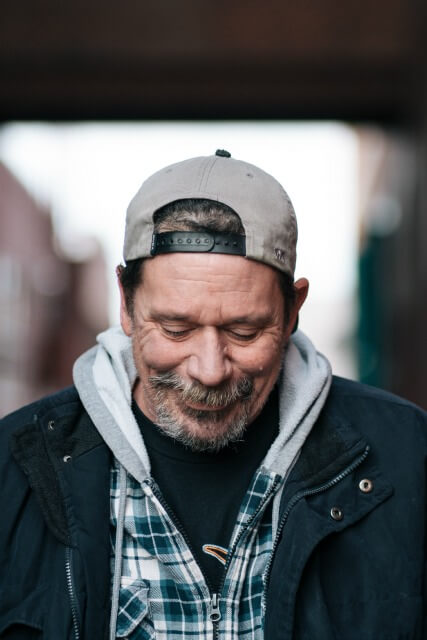
Now, for the good news: Because homelessness is a people problem, a problem that can only be effectively addressed through relationship, it has a lot in common with every other problem of the human condition. It’s a heart issue. It may be a hard heart, a broken heart, a heart wrapped in layers of addiction, fear and protective bandages, but at the core of every homeless person is a heart in need of healing. And our God is in the heart restoration business. That’s why the gospel is at the core of everything we do in this ministry. There is no solution, no healing, without the work of Jesus Christ in our hearts.
Homelessness isn't a problem to be solved. It's people. People with faces that tell unique and complex stories. People who want to be seen and heard and understood. People just like us.
Helping people begins with listening to their story, seeing beyond the "problem" to the person. Click below for a free study guide on how to "Lose the Label."

2 min read
“Let us hold unswervingly to the hope we profess, for He Who promised is faithful…Jesus Christ is the same yesterday, today, and forever.” (Hebrews...

9 min read
To celebrate 75 years of serving the Inland Northwest, we are spending the year remembering our history and the faithfulness that built us and...

2 min read
In 2026, Union Gospel Mission Inland Northwest is approaching our 75th Anniversary! This is a milestone that invites gratitude and reflection, and...
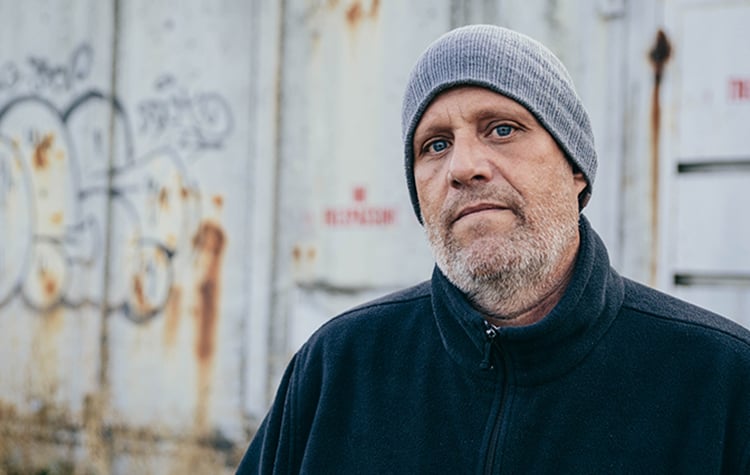
What does the Gospel have to do with the Gathering? It’s a little harder to answer that question this year than in previous years, when UGM’s annual...
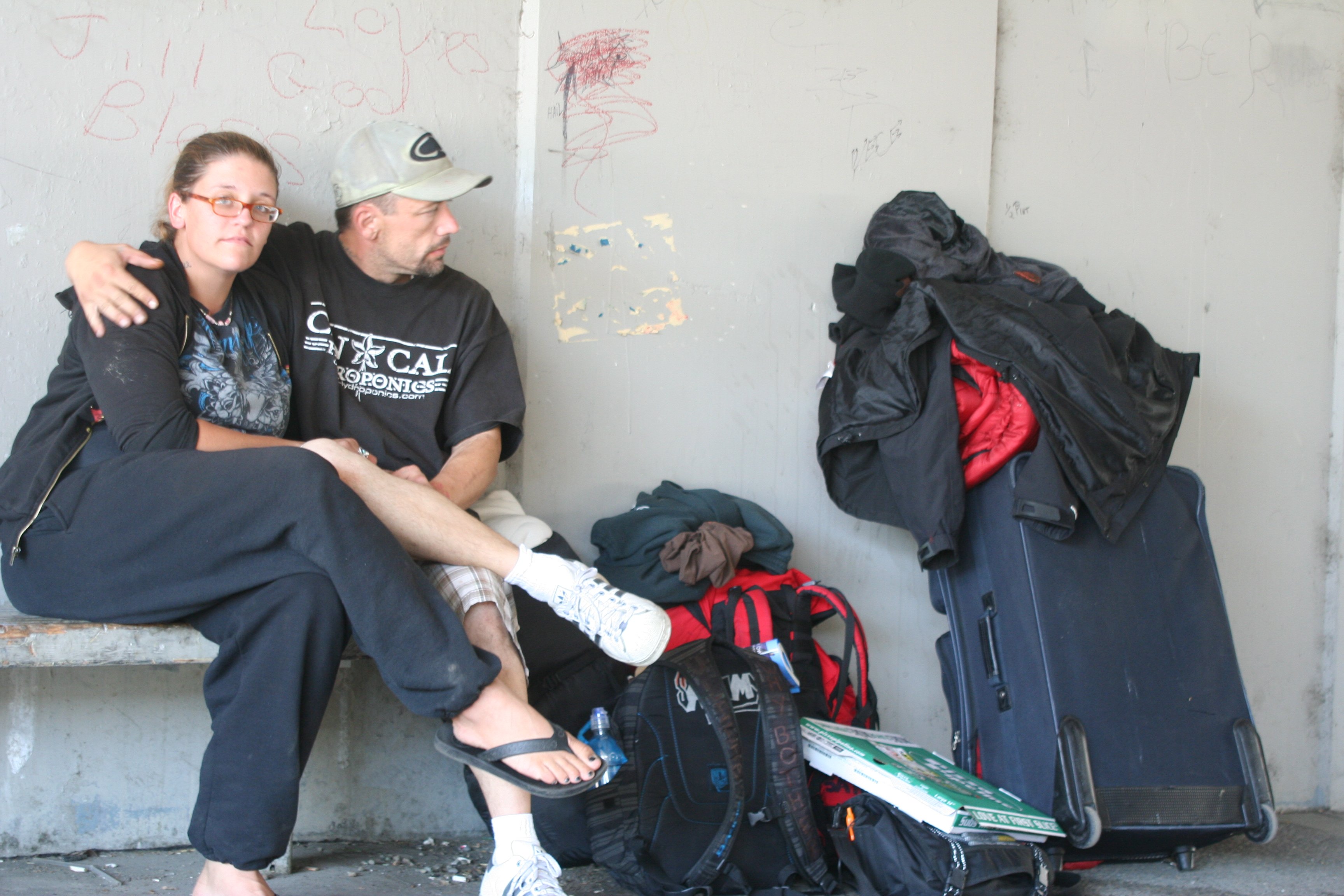
1 min read
Editor’s Note: For this newsletter - published in October 2011 - UGM Staff Writer Barbara Comito went outside the Mission’s shelters onto the...
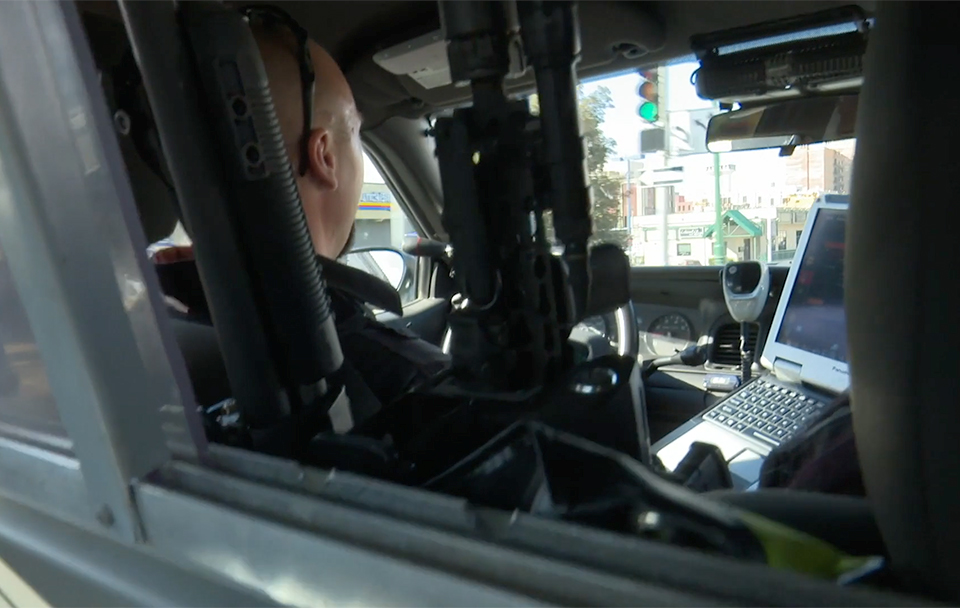
The Spokane Police Department is piloting a new approach to dealing with homeless encampments. The idea is to clean up the camps while also offering...